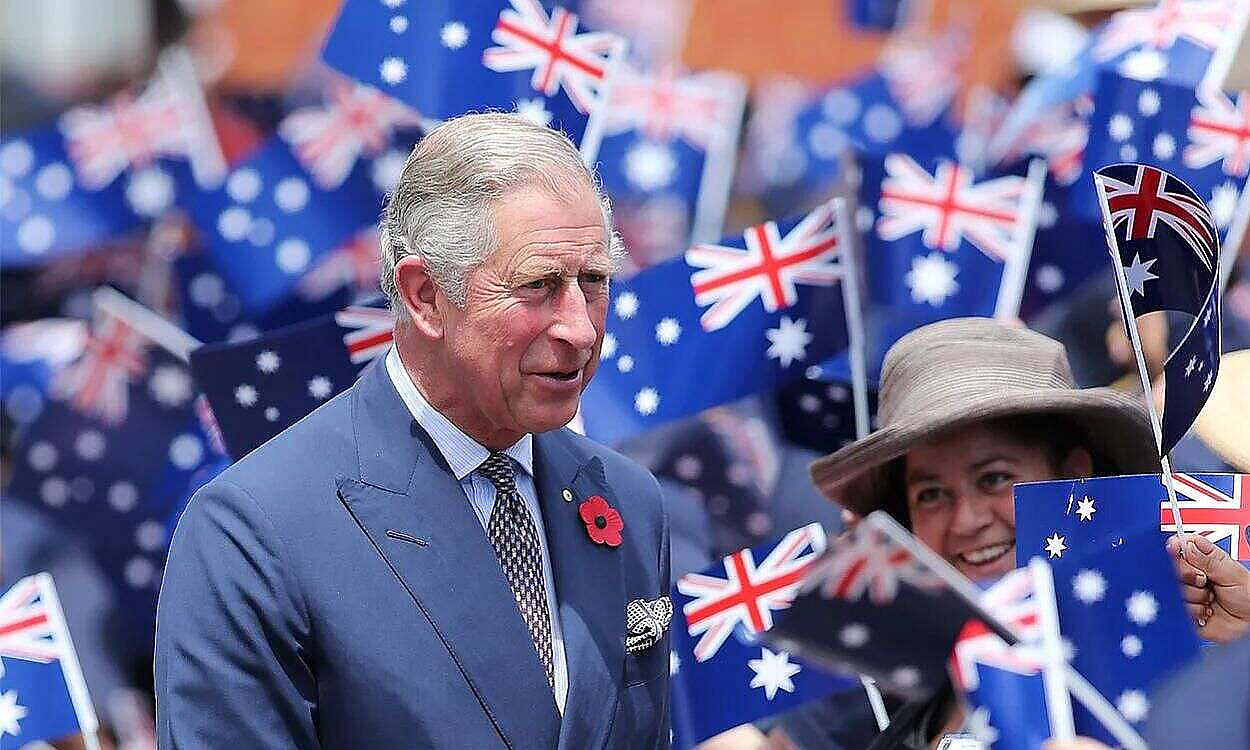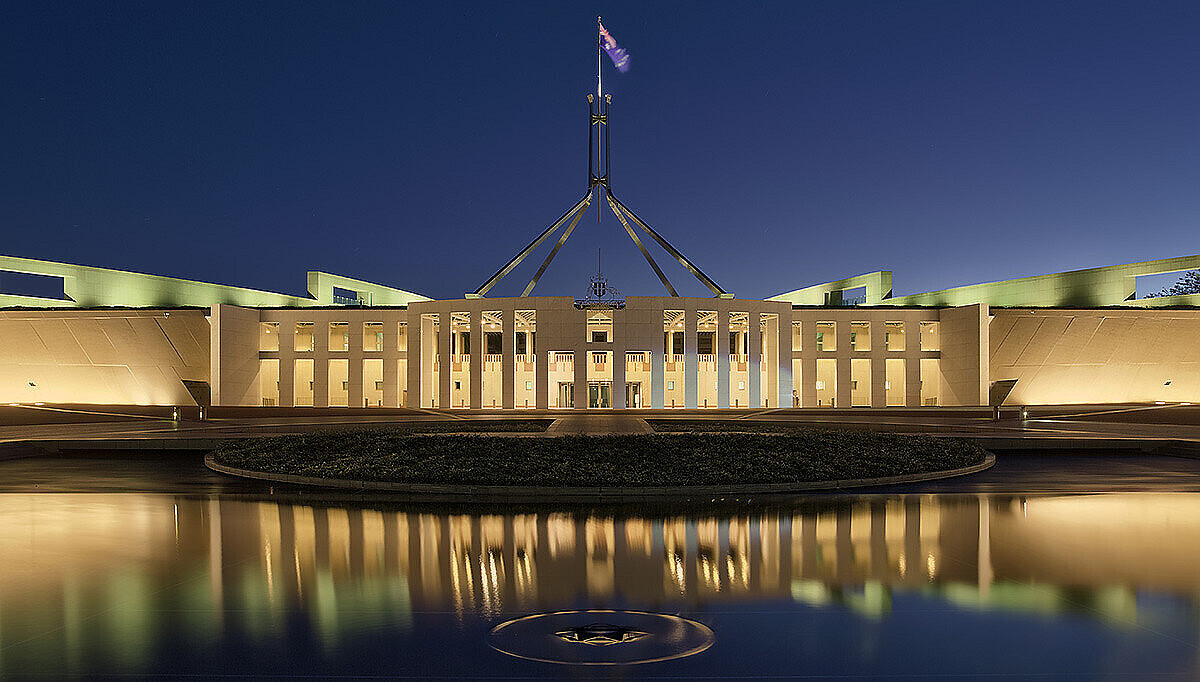At the time of our movement to Federation, our Founding Fathers did not look to the French constitution for processes and institutions worthy of adoption. Nor has the present Australian Republican movement. In fact, the French know more about constitutional models than most countries. France has experienced an absolute than a constitutional monarchy, five republics, a restored monarchy, then a “bourgeois monarchy”, two empires, various revolutionary regimes (Legislative Assembly, Convention, Directorate, Consulate), as well as the Vichy dictatorship. Incidentally, all of this occurred in France at the time that Australia evolved from a penal colony to autonomy, to federation and to independence. We should never forget that we are more experienced in democratic government than any of the principal mainland European powers, indeed any major world power except the United Kingdom, the United States and Canada.
The First French Republic ended in the Reign of Terror and then Bonaparte’s dictatorship, which he converted into the First Empire. The Second Republic was converted, through the use or rather the abuse of the plebiscite, into the dictatorship of the Second Empire. The Third Republic provides some interesting case studies on presidents chosen by parliament. Under the Third Republic (1871-1940), the president was elected not by the people but by the National Assembly. The understanding was that he was to reign and not to rule. The first president, Adolphe Thiers, resigned in 1873 within two years of his election when his preferred government lost a vote of confi¬dence in parliament. He expected to be recalled and had planned to restore his party to office. He was mistaken. He was succeeded by Marshal Patrice de McMahon, who, in 1877, used his reserve powers to dismiss the government. He argued that while the prime minister was responsible to parliament, he, as president, was responsible to France. When his party was not returned to the government, he resigned. The third president, Jules Grevy (1879-1887), was noted for using all his power and influence in the election of the prime minister. He regarded foreign affairs and military matters as his own “domaine reserve”. He played a major role in Franco-German relations, but he resigned after his brother-in-law was convicted for selling favours, including honours. Another president, Jean Casimir-Perier, was so provocatively authoritarian in his inaugural address that this unleashed a campaign for his removal. Fortunately, he resigned within five months of his election in 1895.
Some presidents of the Third Republic are remembered more for the way they died than for what they did during their terms. When the unfortunate Paul Doumer was elected in 1931 by 504 votes out of 883, he said, inexplicably: “With votes like these, I’ll only be assassinated.” He was when opening a book exhibition in the Maison Rothschild. His assistants, wishing to spare his feelings, told him he had been knocked down by a taxi! His last words, “Quel chauffeur!” (What a driver!) was understandable. He no doubt wondered what a taxi was doing in the Maison Rothschild.
Felix Faure (1895-1899) also regarded foreign affairs as his and played a major role in cementing the Franco-Russian Alliance. He refused to reopen the Dreyfus case, an infamous example of injustice and anti-Semitism. One of the peculiar arguments of the ARM is that the politician’s president who emerges from their republic will somehow be a focus for the unity of the nation. If presidents can unify a country, Felix Faure unified France more in his passing than anything he did in his life. This occurred in the course of what the French describe as a “rendezvous gallant” with Mme Stenheil, whose cries caused staff to burst in to release her hair from the deceased president’s hands. He is celebrated by an avenue in Paris and countless other avenues and Rues Felix Faure throughout France.
His successor, Emile Loubet (1899-1906), also claimed a special role in foreign affairs. (Isn’t one of the arguments for an Australian president that he or she can represent us in other countries? We shall then have two foreign ministers, or three if we count the prime minister. Or Witt this be a “domain reserve” for our president?) Not all presidents of the Third Republic thought they should rule. Armand Fallieres (1906-1913) was one who behaved impeccably as if he were a constitutional monarch. He seems to have been in the minority.
If the French experience shows anything, it is that politicians are no better, and probably worse, at selecting presidents than the people. When the National Assembly elected Paul Deschanel in 192,” his opponent Clemenceau exclaimed, “But they’ve elected a madman!” Unfortunately, Clemenceau was right, and Parliament was wrong. At Nice, after a speech was well received with cries of “Bis” (encore), Deschanel gave it again, in full! On his way to Montbrison, he fell out of the presidential train and was found wandering along the trace in his pyjamas. The music halls resounded with a new song, “Le Pyjama Presidential”. After seven months, he was persuaded to resign. He was succeeded in 1920 by Alexandre Millerand, who shocked even the French with his blatant intervention in government. He forced the foreign minister, Aristide Briand, to resign. He even campaigned for the Bloc National in the legislative elections. But unlike President Deschanel, he lasted until 1924.
The last president of the third republic, Albert Lebrun, to his credit, refused to resign in 1940 to allow Marshal Petain to be appointed dictator. Another deal, another trade-off? Petain was appointed anyway, and three days later, Lebrun did resign. Nobody noticed. The new Vichy regime was more eager than even the Nazis expected to deport Jews to Germany. Charles de Gaulle was condemned to death in absentia. Who put this appalling regime in power? Not the people of France. It was the parliament that chose the president.
The next republic, the fourth, had a parliamentary-elected president. It did not last long. It was born in Algiers with a Provisional Government (GPRF) under General Charles de Gaulle in 1943. Its death rattles began again in Algiers when the former governor-general of Algeria, Jacques Soustelle, attempted a coup d’etat. The last president, Reny Coty, threatened to resign unless de Gaulle was recalled, and the parliament granted him supreme
powers. Which they did. Unlike Petain, de Gaulle introduced a new constitution that retained democratic elections.
The Fifth Republic was born in 1959 and de Gaulle was chosen president by an Electoral College. He, too, was expected to reign rather than rule. But he then gave a new constitution what one commentator describes as a “presidentialiste” interpretation. In particular, he regarded foreign affairs as his “domaine reserve”. To everyone’s surprise, he failed to confirm Georges Pompidou as prime minister after Pompidou won a landslide victory after the student uprising in 1968. When de Gaulle resigned in 1969, Pompidou succeeded him.
I recall not so long ago, the French news broadcast in Australia by SBS opened with an announcement by President Chirac dis¬solving the National Assembly. He needed no advice to do this. And the president is treated with un-Australian deference on tele¬vision. It is as if he were a king but a political king.
None of the French regimes has lasted the time of our Australian system. None of the French Republics is in any way superior to, or as good as, the Australian system.




